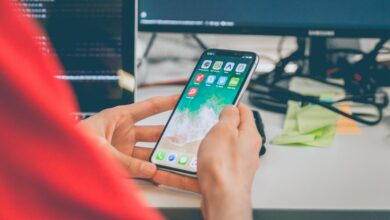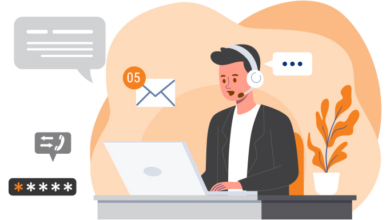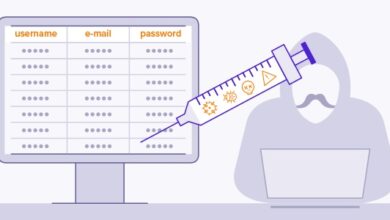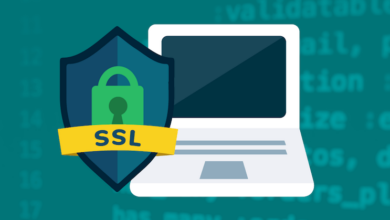Outsmarting the Hackers: Best Ways to Protect Your iPhone
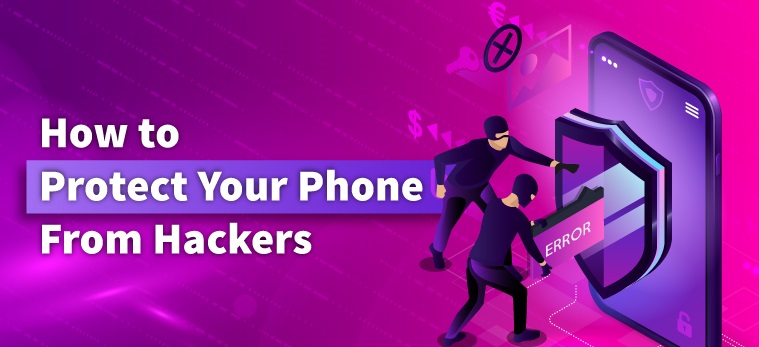
From tech newbies to the savviest among us, we all face a common enemy: the digital burglar, also known as the hacker. This dishonest keyboard wizard is always trying to compromise us and our personal data, which often lies in the device we use daily – an iPhone. However, there are ways that can be done in order to protect ourselves, and this article will take a closer look at them. You might say, we’re going to outsmart the hackers!
- Why You Shouldn’t Ignore Updates
“Old is gold” might work in the antique business but in the tech world, it’s the new that saves you. Be sure to regularly update your iPhone to the latest iOS version. Each update patches vulnerabilities and strengthens your defenses against cyber threats. So don’t be a technological dinosaur, jump on that update train!
- Strong and Unique Passwords
Unleash the power of the alphabet (all the numbers and symbols) by thinking of a strong, unique password. The days of “123456” or “password” are gone, whether we like it or not. Your password should be a riddle that only your head can solve. Something like “&Z5zT3%L2@bQ” and less like your first pet’s name.
- Two-Factor Authentication (2FA) As a Double Trouble for Hackers
With 2FA enabled, even if hackers crack your password (which would be pretty impressive considering your new-found password skills), they’ll be halted by the second layer of security. As 2FA requires more than just your username and password to log in, you can be sure that a cybercriminal won’t get into your account.
- Beware of Phishing: Don’t Take the Bait
Even the most skilled professionals sometimes make mistakes. Hackers are clever, disguising their threats as harmless messages from your bank or social media. Your mission is never to click on links or provide personal information without verifying the source first. Always remember: curiosity may harm your phone.
- Use Secure Wi-Fi Networks
Free Wi-Fi is tempting, much like that extra candies at the office. Public Wi-Fi networks can be a playground for hackers. Whenever possible, stick to secure, password-protected networks. If you must use public Wi-Fi, consider using a VPN for an added layer of security. After all, it’s better to be safe than sorry – a phrase that never gets old.
Also, search for a VPN provider that offers additional features, such as Meshnet remote access. This way, you’ll be getting more for the same price.
- Make Regular Backups Your Best Buddy
Performing regular backups won’t directly scare away hackers, but it’s like having a time machine. If your phone is compromised, you can restore it to a time before the invasion. iCloud offers an easy way to back up data, but remember to protect your iCloud account as fiercely as your iPhone.
- Limit Information Sharing
The more information you share, the more hackers have to work with. So move silently and share sparingly. Limit the information you provide to apps, use private browsing when possible, and regularly check your privacy settings.
- Only Install Reputable Security Apps
Install a reputable security app to give your iPhone its own personal bodyguard. Look for apps with good reviews and a strong reputation for privacy and security. Be wary of unknown apps offering protection – they might be wolves in sheep’s clothing.
- Disable Lock Screen Notifications: Keep Your Secrets Secret
Your lock screen is the equivalent of a city billboard. Everyone walking by gets a peek. So, why display personal notifications for all to see? By disabling lock screen notifications, you ensure your messages, emails, or app alerts remain private, preventing any passerby or sneaky hacker from gaining easy access to your information.
- Your Fingertips and Face as Biometrics
With Touch ID and Face ID, your unique biological features become your password. That’s one password you’ll never forget at a crucial moment or have to write down on a sticky note. Unless a hacker has managed to clone you (and if they have, we’ve got bigger problems), your biometric data adds a powerful layer of security to your iPhone.
- Turn off Auto-Fill
Auto-fill might seem like a harmless convenience – but remember, it can be exploited and turned against you. By turning off auto-fill, you prevent your sensitive information from being auto-populated in forms that could potentially be intercepted by hackers. It’s a minor inconvenience for a significant security boost.
- Be Cautious of Bluetooth
Bluetooth is like the backdoor to your home. It’s also convenient, yes, but it can allow unwelcome guests to sneak in. When not in use, make sure your Bluetooth is turned off. And when you do use it, only connect with trusted devices.
